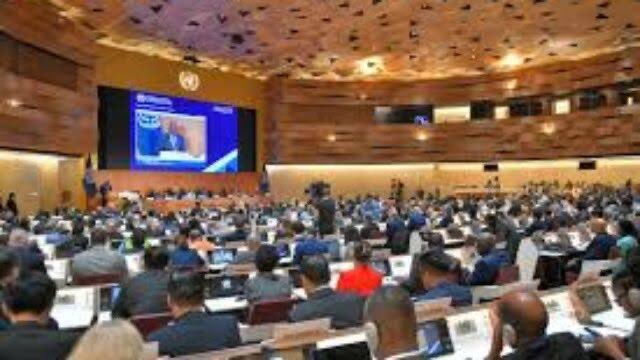
Despite facing significant economic challenges and high national debt, Nigeria has sent the largest delegation to the ongoing 112th International Labour Conference (ILC) in Geneva, Switzerland.
A list published by the International Labour Organisation (ILO) reveals that Nigeria’s delegation is the largest among the 187 countries participating in the event.
Leading the Nigerian contingent is the Minister of State for Labour and Productivity, Nkeiruka Onyejeocha. The delegation comprises 289 registered delegates, including 108 government representatives, 62 employers’ delegates, and 116 workers’ delegates.
Additionally, two individuals are accompanying the minister. Notably, the President of the Nigeria Labour Congress (NLC), Joe Ajaero, and the President of the Trade Union Congress (TUC), Festus Osifo, are registered as workers’ delegates.
Brazil follows Nigeria with 191 delegates, while Argentina, Mexico, and Ghana have sent 156, 140, and 133 delegates respectively.
The substantial size of the Nigerian delegation highlights the nation’s commitment to participating in crucial global labour discussions, despite its economic difficulties.
Meanwhile, the World Bank has approved $2.25 billion to support Nigeria’s economic reforms. This includes $1.5 billion for the Nigeria Reforms for Economic Stabilization to Enable Transformation (RESET) Development Policy Financing Program (DPF) and $750 million for the Nigeria Accelerating Resource Mobilization Reforms (ARMOR) Program-for-Results (PforR).
These funds aim to stabilize the economy, support the poor, and enhance fiscal sustainability by increasing non-oil revenues and safeguarding oil revenues.
Nigeria has undertaken key reforms such as unifying exchange rates, adjusting gasoline prices, and tightening monetary policy to curb inflation.
A targeted cash transfer program is being implemented to assist economically insecure households.
Finance Minister Wale Edun emphasized the significance of these reforms for achieving sustainable growth.
World Bank Vice President Ousmane Diagana underscored the necessity of maintaining reform momentum to stabilize the economy and reduce poverty. The RESET Development Policy Financing (DPF) and ARMOR Program-for-Results (PforR) focus on strengthening economic policies and tax reforms.
The 112th ILC, which concludes on June 14, addresses critical issues such as protecting workers from the impacts of climate change and biological hazards, the care economy, and fundamental principles and rights at work. The conference will also elect the governing body that will lead the ILO from 2024 to 2027.
Currently, Nigerian labour unions are in conflict with the Federal Government over a new minimum wage, with recent tensions leading to a suspended two-day nationwide strike.
This extensive participation in the ILC underscores Nigeria’s effort to play a crucial role in shaping global labour policies despite facing domestic economic challenges.
Follow the Parallel Facts channel on WhatsApp: https://whatsapp.com/channel/0029VaCQSAoHgZWiDjR3Kn2E



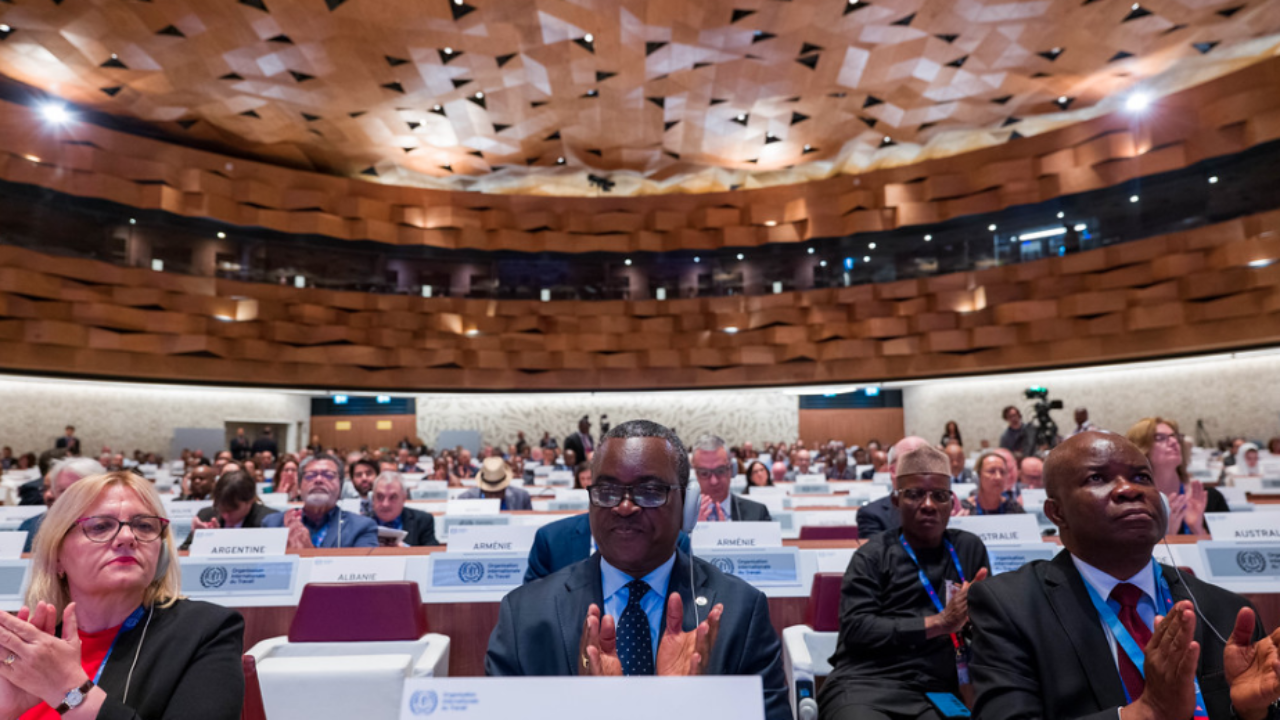
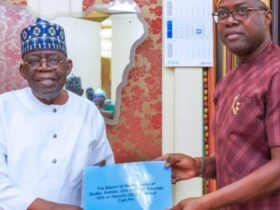
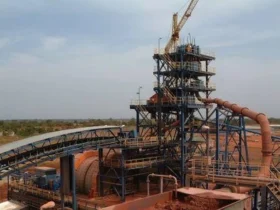
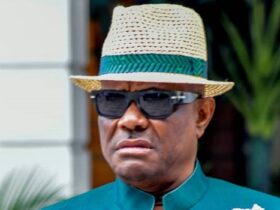
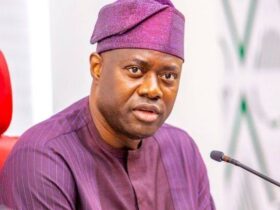
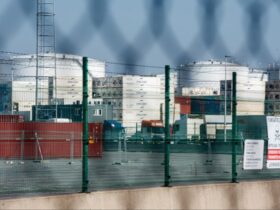
Leave a Reply